Becoming a freelance music producer for independent artists is a rewarding side hustle, offering not only specialized technical expertise but also the creative flexibility that major labels often lack. This role allows you to work directly with artists to develop and experiment with their sound, ensuring their unique voice is preserved while enhancing the overall production quality.
To implement this side hustle, start by building your technical skills in music production. This includes familiarity with music software, studio equipment, and understanding the intricacies of sound mixing and mastering.
Next, cultivate your creative flexibility. This involves understanding different music genres, keeping up-to-date with music trends, and having the ability to bring an artist's vision to life in a way that is both original and marketable.
As the landscape of the music industry continues to evolve, freelance producers play a key role in democratizing music production and fostering a thriving DIY culture. By engaging with independent artists, you can help democratize music production and contribute to a thriving DIY culture. This not only benefits the artists but also opens up opportunities for you as a freelance music producer.
To make the most of this side hustle, network and forge strong relationships within the independent music community. This can lead to more job opportunities and collaborations.
So, if you have a passion for music and the technical skills to match, becoming a freelance music producer for independent artists could be a rewarding and lucrative side hustle.
Benefits of Hiring Freelance Producers
Hiring freelance music producers offers independent artists a range of important benefits that contribute to the quality and success of their projects. One of the primary advantages is enhanced artist development. Freelance producers often bring a wealth of industry experience, providing invaluable guidance and mentorship. They can help artists refine their unique sound, identify strengths, and address weaknesses. This personalized attention is vital for emerging artists looking to carve out a distinct identity in a competitive market.
Another notable benefit is the opportunity for genre exploration. Freelance producers typically have diverse portfolios, having worked across various musical styles and genres. This versatility allows independent artists to experiment with different sounds and incorporate eclectic influences into their music. By collaborating with a freelance producer, artists can push their creative boundaries and discover new dimensions of their musical expression.
Additionally, freelance producers often offer more flexibility and affordability compared to traditional studio arrangements. This accessibility enables independent artists to allocate resources more efficiently while still achieving professional-grade production quality.
Ultimately, the collaborative synergy between freelance producers and independent artists can lead to more innovative and polished final products, greatly enhancing an artist's prospects for success in the music industry.
Finding the Right Producer
Identifying the right freelance music producer is a vital step that requires thorough research and careful consideration. The producer's influence on the final product cannot be overstated, making it essential to find someone who not only understands your artistic vision but also possesses the technical skills to bring it to fruition.
Begin by examining producer styles to identify those whose work aligns with your own musical direction. Listening to a producer's portfolio can offer invaluable insights into their approach and versatility.
Genre expertise is another important factor. A producer experienced in your specific genre will understand its nuances and industry standards, ensuring your music resonates with the intended audience. For instance, a hip-hop artist might seek a producer with a background in beat-making and sampling, whereas an indie rock musician might look for someone skilled in live instrumentation and analog recording techniques.
Networking within your music community can also yield recommendations for reputable producers. Engaging in discussions on forums and social media platforms dedicated to your genre can uncover potential candidates.
Budget Considerations
Crafting a realistic budget is essential when hiring a freelance music producer to guarantee that your project stays financially feasible without compromising on quality. Independent artists must balance their creative ambitions with financial constraints, making cost effective strategies paramount.
One approach is to work with the producer to establish a clear scope of work, enabling precise cost estimations. Additionally, consider breaking down the project into phases, allowing for incremental investment and assessment of return on investment at each stage. This phased approach can also help in reallocating funds towards areas that show the most promise.
| Budget Item | Estimated Cost | Description |
|---|---|---|
| Pre-Production | $500 – $1,000 | Initial consultations, song arrangements |
| Production | $1,500 – $3,000 | Recording sessions, studio time |
| Post-Production | $750 – $1,500 | Mixing, mastering, final edits |
Understanding these components helps in accurate budget allocation and prevents unforeseen expenses. Prioritizing essentials over luxuries can maintain quality without overspending. Remember, a well-planned budget not only saves money but also maximizes the project's potential, ensuring a worthwhile investment return. Professionalism in financial planning can greatly influence the project's success and sustainability.
Communication Strategies
Effective communication strategies are vital for guaranteeing that both the independent artist and the freelance music producer are aligned on project goals, timelines, and expectations.
One key component of effective communication is active listening. This involves the producer attentively listening to the artist's vision, ideas, and concerns without interruptions, and then reflecting back what was heard to confirm understanding. This practice helps in building trust and guarantees that the artist feels valued and understood.
Another important aspect is establishing feedback loops. Regular, structured feedback sessions allow both parties to provide constructive criticism and praise in a timely manner. This iterative process helps identify potential issues early, ensuring they can be addressed before escalating into larger problems. Setting up consistent check-ins, whether through emails, video calls, or in-person meetings, can help maintain open lines of communication throughout the project.
Clear documentation of discussions, decisions, and agreed-upon changes is also essential. This guarantees that both the music producer and the artist have a reference point to revisit if any misunderstandings arise.
Ultimately, these communication strategies foster a collaborative environment where both the artist and producer can thrive creatively and professionally.
Collaborative Workflow
Establishing an effective collaborative workflow is essential for freelance music producers working with independent artists.
Utilizing efficient communication tools guarantees seamless interaction, while aligning on a shared creative vision fosters cohesive project development.
Implementing robust task management strategies helps to keep the project on track and meet deadlines consistently.
Efficient Communication Tools
In the domain of freelance music production, leveraging efficient communication tools is essential for maintaining a seamless collaborative workflow with independent artists.
Video conferencing platforms such as Zoom or Microsoft Teams enable real-time discussions, allowing producers and artists to convey ideas, provide feedback, and make immediate adjustments to tracks. These platforms bridge geographical gaps, ensuring that both parties remain engaged and on the same page throughout the production process.
Instant messaging tools, like Slack or WhatsApp, further enhance communication by facilitating quick exchanges of information. Producers can send audio snippets, share updates, and resolve minor queries without delaying the project timeline. These tools are indispensable for maintaining momentum and ensuring that both the producer and the artist can swiftly address any issues that arise.
Additionally, project management applications like Trello or Asana can be invaluable in organizing tasks, setting deadlines, and tracking progress. These platforms allow for a structured approach to managing a music project, ensuring that all stakeholders are aware of their responsibilities and timelines.
Ultimately, the strategic use of these communication tools fosters an environment where creativity can thrive unimpeded by logistical challenges, leading to a more efficient and productive collaborative experience.
Shared Creative Vision
Aligning on a shared creative vision is vital for a successful collaborative workflow between freelance music producers and independent artists. It guarantees that both parties are on the same page, fostering an environment of mutual understanding and respect.
Artistic alignment is the cornerstone of this process, as it allows both the producer and the artist to merge their unique ideas and styles into a cohesive project.
The initial step in vision development involves thorough discussions where both parties articulate their creative goals, influences, and expectations. This dialogue not only helps in identifying common ground but also in spotlighting potential creative differences that need to be addressed early on.
By investing time in these preliminary conversations, the likelihood of miscommunication and misaligned expectations is considerably reduced.
Once a shared vision is established, it acts as a guiding framework throughout the music production journey. Regular check-ins and feedback sessions are vital to maintaining this alignment, guaranteeing that the evolving project remains true to the initial vision.
This collaborative approach not only enhances the quality of the final product but also strengthens the professional relationship, making future collaborations more seamless and productive.
Task Management Strategies
Effective task management strategies are essential for optimizing the collaborative workflow between freelance music producers and independent artists. A well-structured approach guarantees that the creative process remains smooth and efficient.
One of the key components of this strategy is implementing task prioritization techniques. By categorizing tasks based on urgency and importance, producers and artists can focus on what truly matters, minimizing distractions and maximizing productivity.
Utilizing productivity tools is another critical aspect. Tools such as project management software, digital calendars, and communication platforms streamline the coordination process. For instance, applications like Trello or Asana facilitate task tracking and deadline management, guaranteeing that all team members are on the same page. Additionally, tools like Slack or Zoom enable seamless communication, allowing for real-time discussions and instant feedback.
Regular progress reviews are also indispensable. By holding scheduled check-ins, both parties can evaluate the project's trajectory, address any issues, and make necessary adjustments. This iterative feedback loop not only enhances the quality of the final product but also fosters a collaborative spirit.
Ultimately, effective task management strategies and the judicious use of productivity tools are pivotal in achieving a harmonious and successful partnership between freelance music producers and independent artists.
Technical Skills to Look For
When hiring a freelance music producer for independent projects, it is vital to evaluate their proficiency in various technical skills.
A producer's ability to employ advanced mixing techniques can greatly impact the final quality of a track. This involves balancing levels, EQ, compression, and effects to guarantee each element of the song complements the others, resulting in a polished and cohesive sound. Mastery of these techniques can transform raw recordings into professional-grade productions.
Another important skill to take into account is sound design. A producer adept in this area can create unique and compelling audio elements that enhance the overall texture and atmosphere of a track. Sound design involves manipulating and shaping sounds through synthesizers, samplers, and various digital audio workstations (DAWs). This skill is particularly important for genres that rely heavily on electronic elements, such as EDM, hip-hop, and pop, but it also adds depth and originality to more traditional genres.
Additionally, familiarity with industry-standard software and hardware is vital. Proficiency in DAWs like Ableton Live, Logic Pro, or Pro Tools, as well as experience with outboard gear, guarantees that the producer can navigate the technical aspects of production efficiently.
Enhancing Your Sound
To elevate the overall quality of your music, a freelance producer can employ advanced techniques that refine and enhance your sound. One essential approach is sound experimentation, which involves exploring various sonic textures and production methods to find a unique auditory signature.
This process can include manipulating samples, utilizing unconventional instruments, or experimenting with cutting-edge software and hardware tools. By pushing the boundaries of traditional music production, a skilled producer can help you craft a distinctive sound that sets your music apart in a crowded market.
Another critical aspect is audio branding. This involves developing a consistent and recognizable sound that aligns with your artistic identity and appeals to your target audience.
Audio branding can enhance the listener's emotional connection to your music, making it more memorable and commercially viable. A freelance producer can assist in identifying and implementing these sonic elements, whether through specific mixing techniques, unique vocal treatments, or custom sound design.
Legal and Contractual Aspects
Steering through the legal and contractual aspects of hiring a freelance music producer is essential to guaranteeing a smooth and professional collaboration. At the forefront of these considerations are licensing agreements and copyright issues, which safeguard the interests of both parties.
Licensing agreements typically outline the specific rights granted to the artist for using the music produced, including distribution, performance, and derivative works. These agreements must be meticulously drafted to avoid any ambiguity that could lead to future disputes.
Copyright issues are another critical area. The producer and artist must clearly define who retains ownership of the produced work. In many cases, the producer may hold the copyright, granting the artist limited usage rights unless otherwise negotiated. This is particularly important when considering the potential for commercial success and subsequent revenue generation from the music.
Additionally, it is advisable to include terms related to payment schedules, deliverables, and confidentiality within the contract. Both parties should seek legal counsel to guarantee that all aspects are thoroughly covered.
Properly addressing these legal and contractual aspects not only fosters a transparent working relationship but also protects the creative efforts and financial interests involved.
Success Stories and Case Studies
Many independent artists have achieved notable success by collaborating with freelance music producers, as illustrated by numerous compelling case studies.
One prominent example is the partnership between indie singer-songwriter Emma Hart and freelance producer Jake Turner. Their artist collaboration resulted in Hart's debut album, which successfully climbed the Indie Folk charts. Turner's innovative production techniques and willingness to engage in genre experimentation transformed Hart's acoustic sound into a vibrant blend of folk and electronic elements.
Another success story involves hip-hop artist Marcus Reed and freelance producer Alicia Nguyen. Reed's early work was characterized by raw, unpolished tracks. However, Nguyen's expertise in sound engineering and her bold genre experimentation infused Reed's music with jazz and neo-soul influences, culminating in a critically acclaimed mixtape. Their collaboration not only expanded Reed's artistic range but also garnered considerable attention from major music blogs.
These cases underscore the transformative potential of artist collaborations with freelance producers. By embracing diverse genres and innovative production techniques, independent artists can considerably amplify their creative output and market reach. Such partnerships exemplify how freelance music producers serve as crucial catalysts in the evolving landscape of independent music.
Conclusion
Engaging freelance music producers offers independent artists significant advantages, including professional expertise, flexibility, and cost-effectiveness.
By carefully selecting a producer, managing budgets, and maintaining clear communication, artists can optimize the collaborative workflow to enhance their sound.
Understanding the technical skills required and addressing legal and contractual considerations further solidify the partnership.
Success stories and case studies underscore the potential for artistic growth and elevated production quality, ultimately contributing to a vibrant and autonomous music culture.


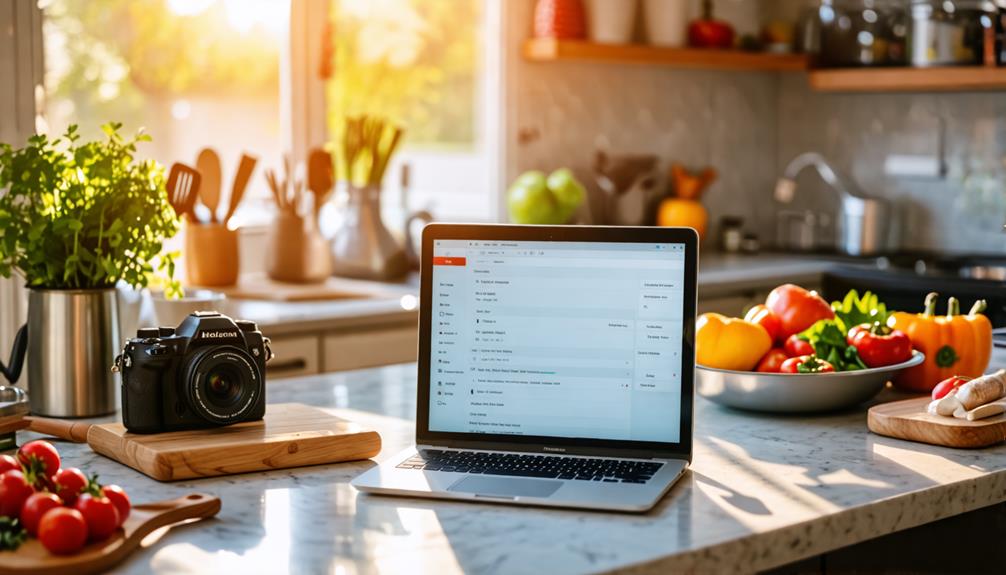



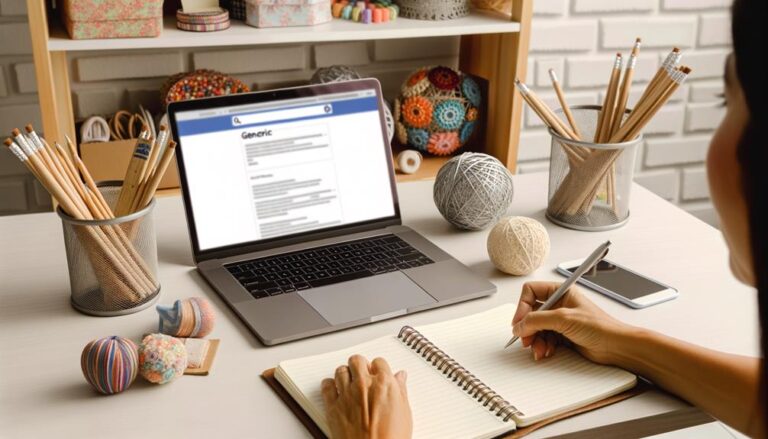











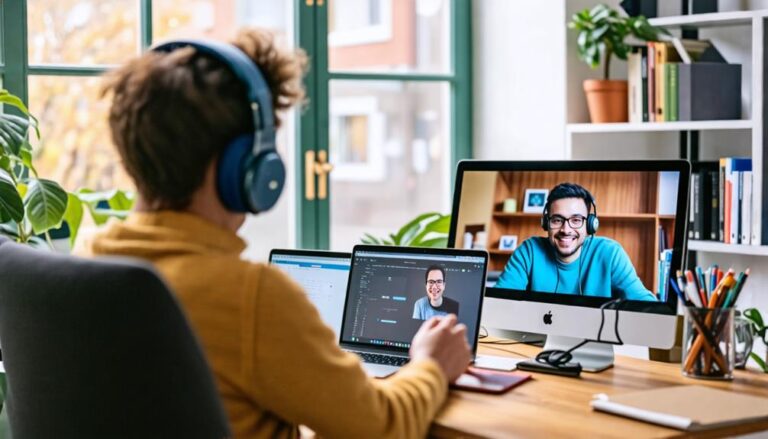
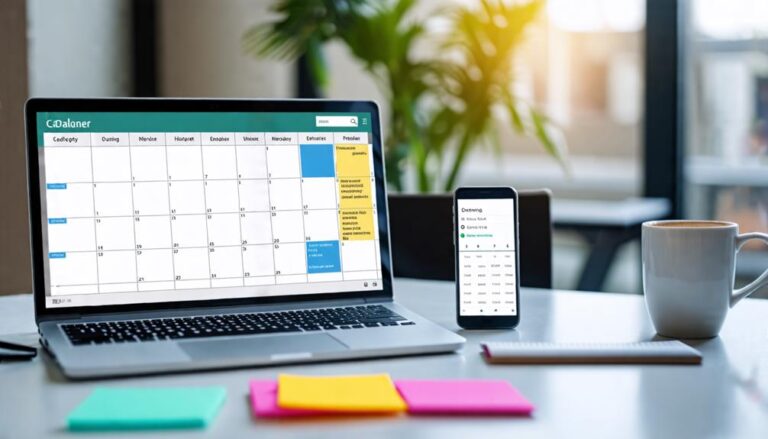





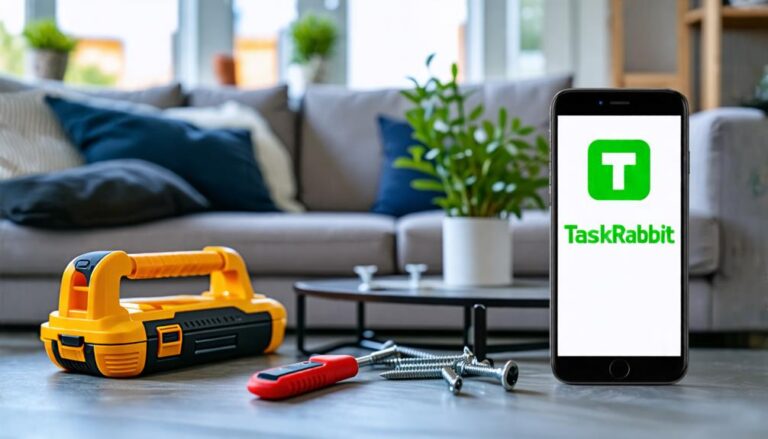


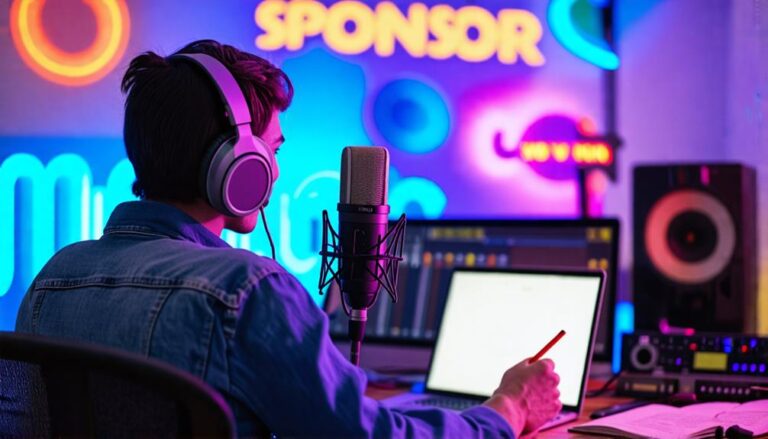
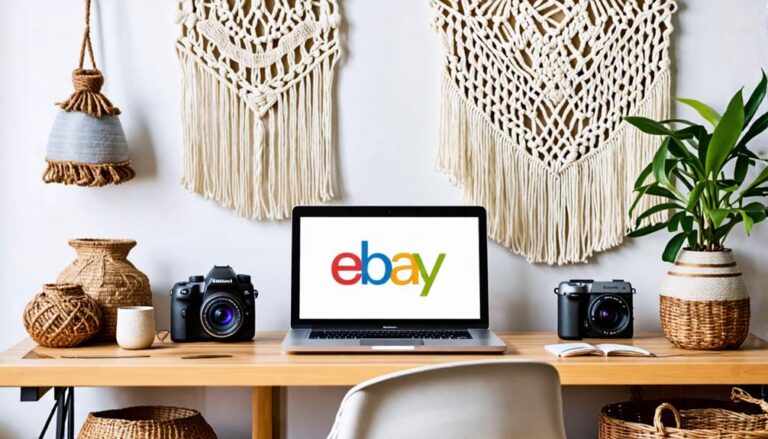

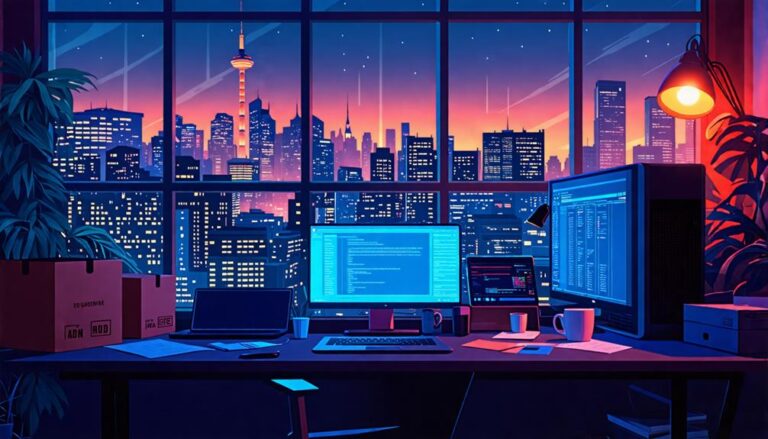





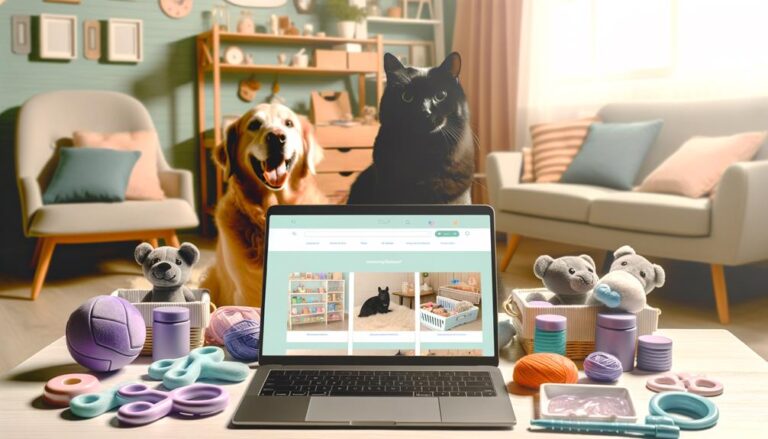

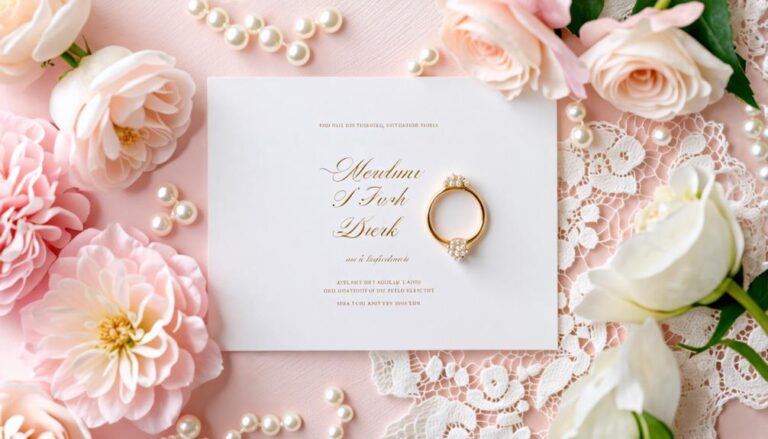







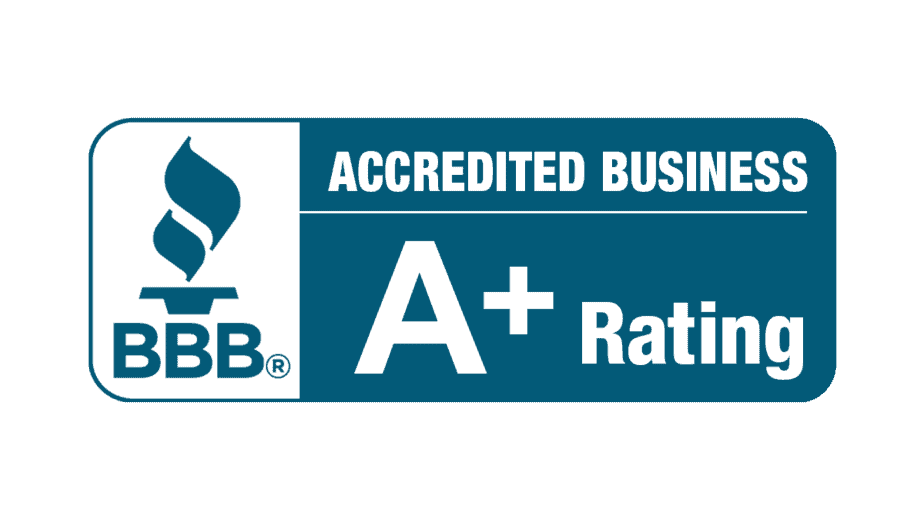
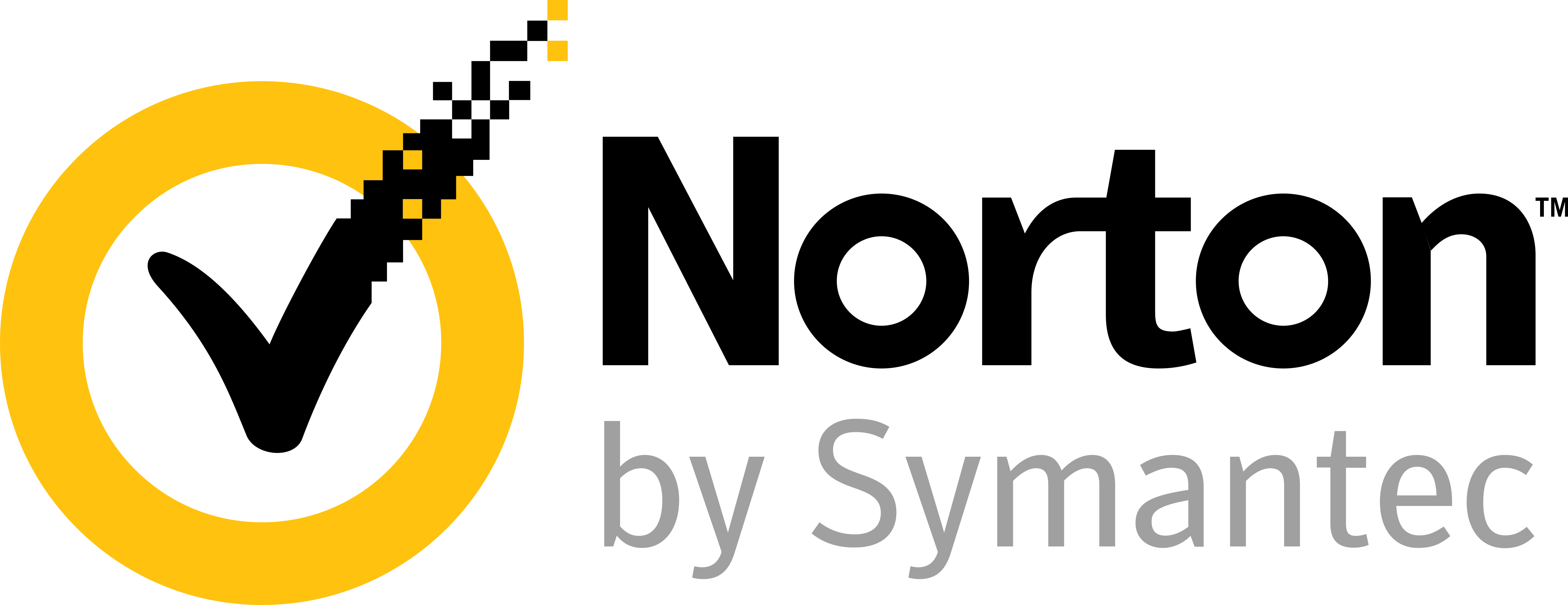
0
View comments